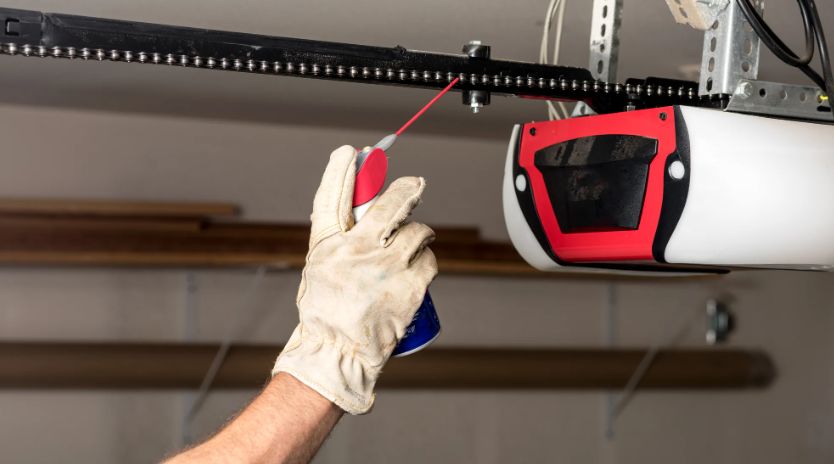Real-World Uses of Damper Valves in Industrial Settings
In the world of industrial operations, even small components can make a big impact. One such example is the damper valve. While it might not be the most talked-about part of a system, it plays a critical role in keeping air and gas flow under control. Whether it’s a power plant, a factory, or a chemical unit, damper valves are often the hidden heroes behind safe and efficient performance.
Managing Heat and Efficiency
Energy plants need controlled airflow to keep operations running smoothly. Damper valves are used to adjust the flow of air and exhaust gases in boilers, chimneys, and ducts. This control helps maintain the right temperature for burning fuel and reduces energy loss.
When airflow is balanced, the plant uses fuel more efficiently, reducing costs and meeting environmental standards. In shutdown or maintenance situations, these valves can also help isolate sections of the system safely, without stopping the entire plant.
Ventilation and Comfort in Industrial Buildings
Large industrial buildings like warehouses, production units, and cleanrooms face ongoing challenges in managing indoor air. Damper valves play a central role in ventilation systems by directing fresh air where it’s needed and removing heat or fumes from specific zones.
In clean environments-like those used in pharmaceuticals or electronics-air must be filtered and moved carefully to prevent contamination. Damper valves help create pressure-controlled zones that keep sensitive areas protected. Automated systems can even adjust the dampers in real time, improving comfort while reducing power usage.
Safety First in Hazard-Prone Facilities
Chemical plants, gas refineries, and other hazardous facilities cannot afford to take risks with air or gas flow. A sudden leak or unexpected pressure rise can be dangerous. In these moments, a well-placed damper valve can help shut off airflow to a problem area quickly, limiting exposure and giving teams time to respond.
These valves are more than just mechanical components-they play a crucial role in a company’s overall safety strategy. By blocking harmful gases from spreading, they protect both workers and equipment. That’s why the selection of the right damper valve supplier matters. Expertise and experience can make all the difference in how a safety system performs during a real incident.
Standing Up to Harsh Conditions
Industries like cement manufacturing and metal processing deal with extreme conditions everyday-high temperatures, dust, vibration, and heavy loads. Equipment here doesn’t just need to perform; it needs to last.
Damper valves used in these settings must be strong enough to work without failure. They help control the airflow in furnaces, kilns, and exhaust systems, allowing processes to stay within target ranges. Instead of just surviving in these environments, the right damper valves can improve uptime, reduce wear on larger machines, and cut down on maintenance costs.
Smart Systems and Digital Controls
Modern industries are shifting towards automation and smarter control systems. Damper valves are keeping up. Today’s designs can include sensors and actuators that allow for remote adjustments and automatic responses. In high-tech facilities, these smart dampers are becoming part of wider control networks, giving plant managers better visibility and quicker control over air systems.
This means not only improved efficiency but also faster detection of problems. If there’s a drop in pressure or a blockage, the system can react instantly-sometimes before human operators even notice.
Why Supplier Choice Matters
A damper valve is only as good as the company that supplies it. Choosing the right damper valve supplier means more than picking from a catalog. It’s about finding a partner who understands your application, offers the right materials, and provides reliable support.
A good supplier can guide you on what type of valve suits your environment, whether that’s for clean air systems, high-heat ducts, or emergency isolation units. They also help ensure that your valves comply with applicable safety and quality standards.
One company that has earned trust in this space is Cair Euro. Known for delivering durable and application-specific damper valve solutions, they’ve supported many industrial projects with reliable products and expert advice.
Conclusion
Damper valves might not grab attention like other large-scale machines, but their function is essential. From improving energy efficiency to supporting safety protocols and maintaining indoor air quality, they help keep industrial systems running at their best.
For business owners and plant operators, investing in quality damper valves-and working with a knowledgeable supplier-can lead to smoother operations, fewer risks, and long-term cost savings. In today’s competitive and safety-conscious market, those benefits are more important than ever.
To explore more about the critical role valves play in food processing environments, check out our detailed article on why sanitary valves are essential in the food and beverage industry.











